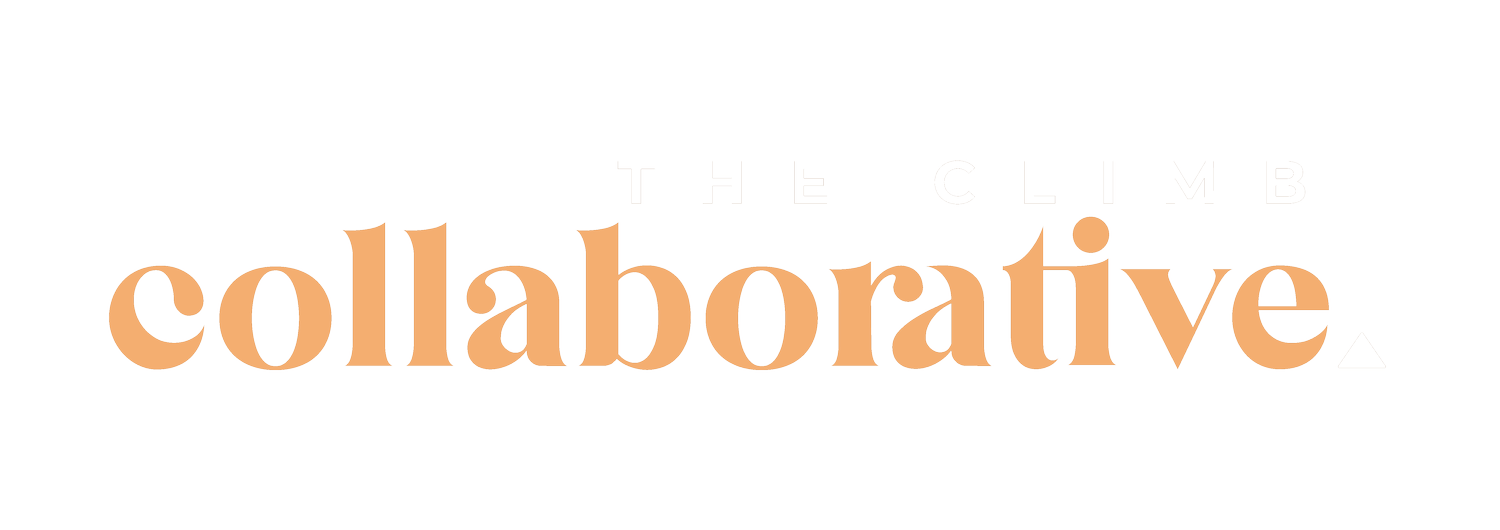How to choose the BEST DIY Website Platform for your Small Business
I've been getting a lot of questions lately on social media about website building: "I want to build a website. What platform should I use?" As a designer who's dabbled in Squarespace, Shopify, Square/Weebly, Wix, and WordPress/WooCommerce, and has done A LOT of research over the years, I'm here to share some insights.
So, let's dive into my top recommendations for DIY website platforms!
Common DIY Website Platforms
Canva
GoDaddy/etc
Shopify
Squarespace
Square/Weebly
Wix
WordPress & WooCommerce
Squarespace
Summary: Squarespace is perfect for creating beautiful, professional websites without needing technical skills. It's great for businesses needing a standard website with minimal e-commerce.
Best for: Service-based, portfolio, and informative websites with minimal e-commerce products.
Pros:
User-Friendly Design Tools: Create attractive and functional websites with ease.
Professional Appearance and Reasonable Pricing: Get professional-looking sites on your own domain starting at $16/month (or $25 for e-commerce).
Mobile Management: Medium customisability and easy management from the phone app.
Integrated Features: Includes blogging, galleries, and a variety of templates. Can integrate booking systems and many other features.
Good built-in SEO tools. If you’re serious about your tracking and measuring SEO, we love the SEOSpace Plugin.
Cons:
Scalability Issues: Product management becomes unwieldy with over 100 products.
Limited POS Integrations: Lacking integrations for non-US features, especially POS.
Complex Interface: The new design interface is more complex and less responsive.
Shopify
Summary: Shopify is the go-to platform for e-commerce. It offers powerful features and integrations, making it ideal for businesses focused on online sales.
Best for: E-commerce
Pros:
Comprehensive E-commerce Tools: Powerful platform with constant feature updates.
Multi-Channel Sales: Supports multiple sales channels (Facebook, Pinterest, eBay, Google).
Extensive App Library: Access to a wide range of apps and easy custom-coding options.
Integrated POS: Robust features for in-person sales with an integrated POS app.
Cons:
Cost: Expensive entry-level plans.
Learning Curve: Not the most intuitive platform; learning curve can be steep.
Transaction Fees: Additional transaction fees unless you use Shopify Payments.
Square/Weebly
Summary: Square/Weebly is a budget-friendly option for beginners and hobbyists. It’s great for integrating online and in-person sales but has limited customisability.
Best for: Cheap and easy e-commerce sites (Hobby/Beginner level)
Pros:
Cost-Effective: Fully-functional e-commerce site for free.
POS Integration: Seamless integration with Square's POS system, making it ideal for in-person sales.
Affordable Hardware: Basic card reader available for $59, with low processing fees (~2%).
Ease of Use: Simple interface that's easy to navigate for beginners.
Cons:
Customisability: Less customisable layout compared to other platforms.
Additional Costs: Additional features can be costly, pushing the overall price up.
Performance: Limited integrations and slower page load speeds.
Design Limitations: Fewer design options and templates.
Other Platforms
Wix:
Wix offers a highly customisable website builder with drag-and-drop features, but it has a clunky interface and responsiveness issues.
Pros:
Customisation: Highly customisable with drag-and-drop design features.
Versatility: Handles many products and various types of websites well.
App Market: Access to a large app market for additional functionality.
Cons:
Back-End Complexity: Clunky back-end can be difficult to navigate.
Upselling: Frequent up-sells for additional features and services.
Responsiveness: Unresponsive design on mobile devices and tablets can be an issue.
WordPress
WordPress is a powerful platform suitable for advanced users. It offers extensive customisation but requires technical skills and maintenance.
Pros:
Flexibility: Widely used with extensive features and plugins.
Customisability: High level of customisability to meet specific needs.
SEO Capabilities: Strong SEO tools and capabilities.
Community Support: Large community and extensive documentation available.
Cons:
Technical Skills Required: Requires technical know-how to set up and maintain.
Maintenance: High maintenance required for security and functionality.
Costs: Potentially higher costs for hosting, premium themes, and plugins.
Canva
Canva offers a simple website tool, but it’s very limited in features and not suitable for serious websites.
Pros:
Ease of Use: Very easy to use for creating basic websites.
Design Tools: Integrated design tools for creating visuals.
Cons:
Limited Features: Very limited features, not suitable for complex websites.
Poor SEO: Lacks strong SEO capabilities.
Responsiveness: Poor responsiveness and limited customisation options.
GoDaddy & Other Non-Website Platforms
Domain registrars like GoDaddy often offer website builders, but they tend to be low-quality and more expensive than dedicated platforms.
Pros:
Domain Services: Easy domain registration and management.
Bundled Services: Bundled with domain and hosting services.
Cons:
Sub-Par Quality: Generally low-quality website building tools.
Cost: Expensive compared to specialised website builders.
Limited Features: Fewer features and less flexibility than other platforms.
Choosing the Right Platform
Advice:
List Your Needs: Identify non-negotiable features and nice-to-haves. Check if they're included or require additional costs.
Use Free Trials: Test out platforms with free trials to see if they fit your needs and preferences.
Final Thoughts
I hope this guide helps you choose the right website platform. It can be overwhelming, especially if you’re new to this. Remember, you don’t have to make a permanent decision right away. Paying month-by-month initially can save you from committing to a year-long plan prematurely.
If you are looking to hire a pro website designer, make sure you ask what platform they specialise in.
Need help?
I'm here to assist with choosing platforms, understanding how they work, or even taking over the whole process for you. Just get in touch!
This blog contains referral and affiliate links. I may earn a commission if you use these links to make a purchase.
